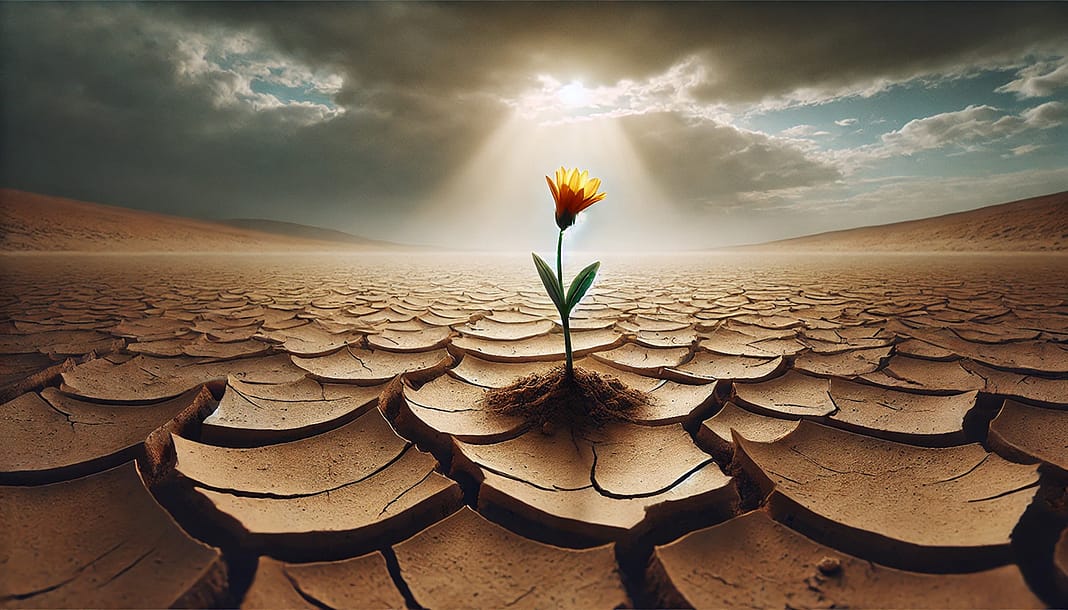Struggle is a biological, psychological, and spiritual necessity for greatness. It shapes who you are, pushing you to adapt, persevere, and evolve. Growth doesn’t happen in the absence of hardship; rather, it thrives in adversity. Whether you face physical challenges, emotional pain, social injustices, or spiritual crises, each struggle brings you closer to a deeper understanding of yourself and your purpose in the world.
How Struggle Drives Personal Growth
Struggle forces you out of your comfort zone. When you’re faced with adversity, your body and mind adapt. Physically, you grow stronger by enduring pain and hardship. Psychological growth comes when you confront failure, disappointment, or loss. These experiences push you to develop resilience, emotional intelligence, and self-awareness.
Research supports this. Studies from the American Psychological Association show that people who endure moderate adversity report higher levels of life satisfaction and resilience. This suggests that manageable struggles can play a critical role in psychological well-being. They enhance your ability to cope with future challenges and provide a sense of accomplishment that comes only from overcoming hardship.
But this growth isn’t just about enduring pain. It’s about reflecting on what the struggle teaches you and using that knowledge to evolve. Ask yourself: How did this experience change my perspective? What lessons did I take from this? By reframing struggle as a tool for personal development, you not only survive but thrive.
Social Growth Through Adversity
Struggle also shapes your social growth. When you face injustice, exclusion, or inequality, the challenge lies in not only surviving but in learning how to stand up for yourself and others. Figures like Martin Luther King Jr. and Nelson Mandela are examples of how personal struggle intersects with social movements. Their experiences with discrimination and oppression didn’t just fuel their individual growth; they ignited social change.
Their personal struggles taught them about empathy, leadership, and the power of collective action. Social struggle isn’t just about fighting for rights; it’s about growing into the kind of leader who can inspire others and advocate for justice. The struggles you face can deepen your sense of responsibility to others and teach you how to contribute meaningfully to your community.
Empathy grows from social struggle. It allows you to understand others’ pain and motivates you to help. But this growth doesn’t come automatically. You need to consciously reflect on your experiences and translate them into actionable change. Ask: How can my experiences shape the way I treat others? How can I use my struggle to advocate for those who face similar challenges?
Spiritual Growth: Finding Meaning in Hardship
Spiritual struggle is perhaps the most profound form of growth. When life presents you with questions that challenge your core beliefs or make you doubt your purpose, you’re forced to confront existential questions. Why do you suffer? What is your purpose? What gives your life meaning?
Viktor Frankl, a Holocaust survivor and psychiatrist, understood this deeply. In Man’s Search for Meaning, he argued that even in the most horrific circumstances, humans can find meaning, and that search for meaning is the key to enduring suffering. His spiritual growth came from understanding that suffering was not just something to survive but a pathway to discovering deeper purpose and meaning.
Spiritual growth involves questioning, reflection, and ultimately, transformation. Whether you believe in a higher power or seek meaning in other ways, the process of grappling with these questions leads to growth. It shapes your values, deepens your sense of purpose, and aligns your actions with those values.
Actionable Insights for Leveraging Struggle as a Catalyst for Growth
You have the power to transform adversity into growth. Here are practical strategies to help you use struggle as a catalyst for personal, social, and spiritual evolution:
- Reframe Your Mindset: Don’t view struggle as something to avoid. Instead, see it as an opportunity for growth. Ask yourself: What can I learn from this? How will this experience change me for the better? This shift in perspective allows you to focus on growth rather than on the pain of the experience.
- Develop Resilience: Building resilience starts with recognizing that setbacks are a natural part of life. Resilience doesn’t mean avoiding failure; it means learning how to recover from it. Use each challenge as a stepping stone to develop mental toughness and perseverance. The more you practice resilience, the stronger you become.
- Practice Reflection: Growth requires reflection. After facing a struggle, take time to think about how it has shaped you. Journaling can help you articulate your thoughts and identify lessons from hardship. Ask: How has this changed my perspective? What will I do differently next time?
- Find Meaning in Adversity: Like Viktor Frankl, focus on finding meaning in your struggles. What purpose does this experience serve in your life? How can it lead to something greater? Seeking meaning helps you navigate even the darkest moments with a sense of direction and purpose.
- Lead with Empathy: Social struggles often teach you about the pain of others. Use that empathy to build stronger relationships and become a leader who lifts others up. Ask: How can I use my experiences to help others who are struggling? This not only strengthens your own social growth but contributes to collective well-being.
Research and Historical Examples of Growth Through Adversity
Numerous studies confirm that adversity fosters growth. A study published in the Journal of Personality and Social Psychology found that individuals who experience some adversity often show higher levels of life satisfaction and resilience compared to those who have faced no adversity at all. This indicates that struggle, when experienced in moderation, builds the emotional and psychological tools necessary to thrive.
Historical figures like Helen Keller, Nelson Mandela, and Harriet Tubman exemplify this. Keller, born blind and deaf, didn’t simply overcome her disabilities—she grew through them. Her physical struggles shaped her into an advocate for people with disabilities, deepening her sense of purpose. Mandela’s fight against apartheid wasn’t just about political change; it was about spiritual and personal transformation. His time in prison led him to reflect deeply on forgiveness, justice, and reconciliation, shaping his legacy as a moral leader.
These examples show that struggle is not only inevitable but essential for achieving greatness. Struggle teaches resilience, deepens your sense of empathy, and offers opportunities for social change and spiritual enlightenment.
How Will You Embrace Your Struggle?
The next time you face a challenge, ask yourself: How can this experience help me grow? Whether it’s a personal setback, a social injustice, or a spiritual crisis, each struggle holds the potential to shape you into a stronger, wiser, and more empathetic person. The key is in how you choose to respond.
Struggle is not a burden. It’s the path to growth.
References:
- American Psychological Association: “Adversity Builds Resilience in Life Satisfaction”
- Journal of Personality and Social Psychology: “Adversity and Life Satisfaction”
- Viktor Frankl, Man’s Search for Meaning
Share your thoughts and join the conversation. What struggles have led to your own growth?
Discover more from The Reasoned Journey
Subscribe to get the latest posts sent to your email.


